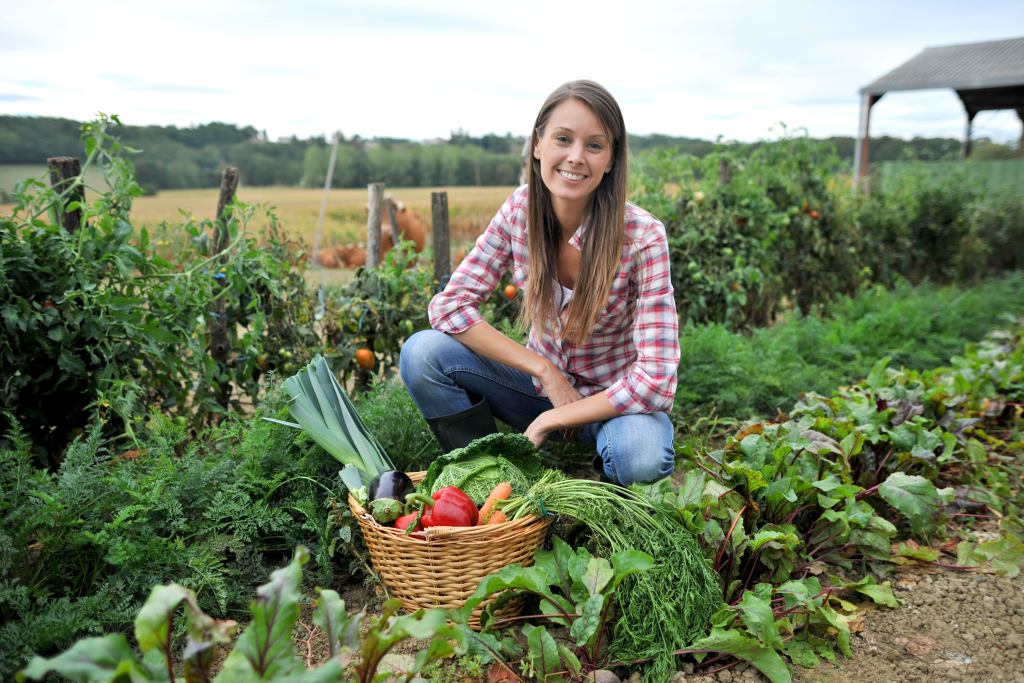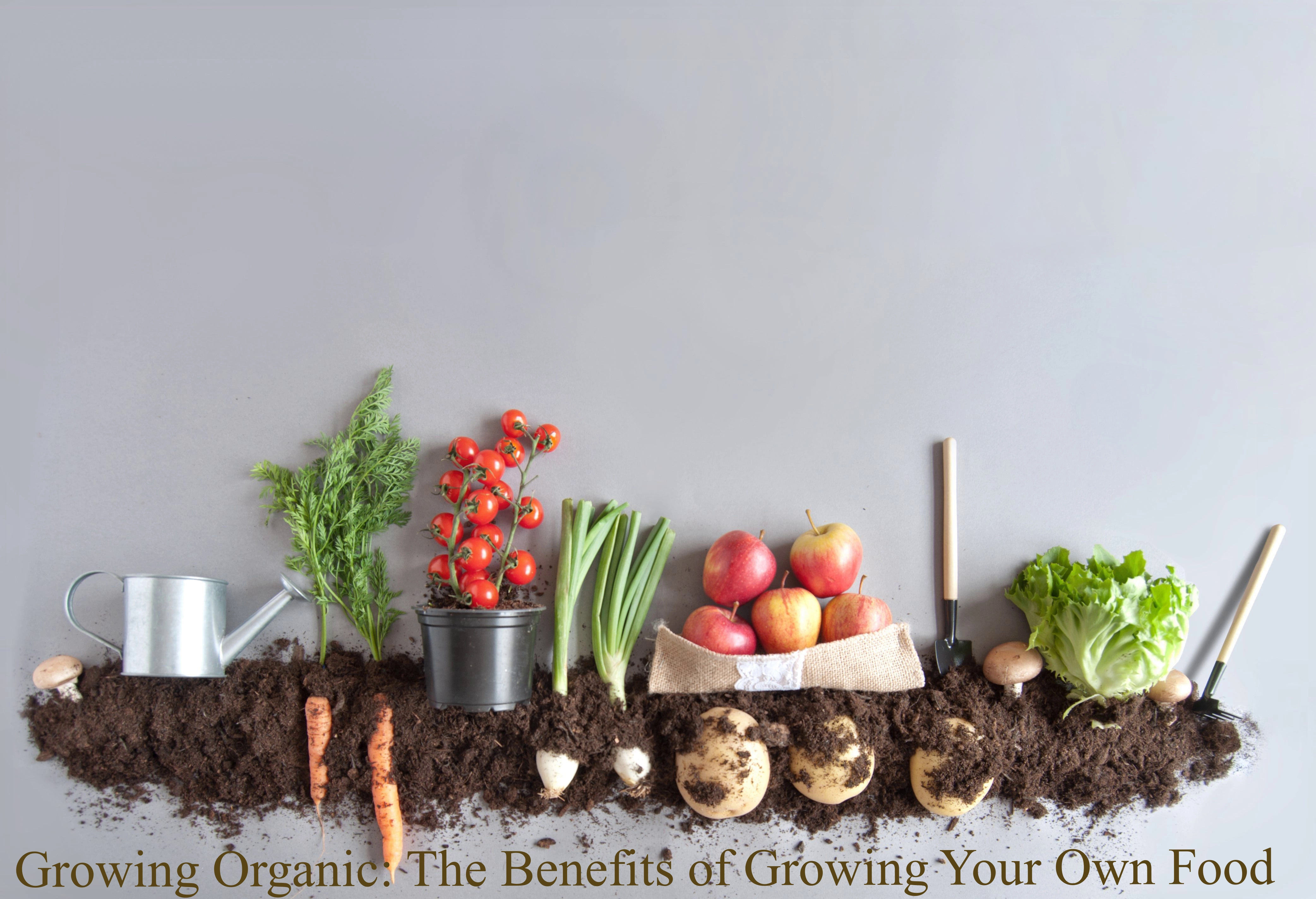There is nothing quite like taking a bite out of a ripe tomato that you grew yourself, or savoring a fresh salad that you made with greens that were picked only a few moments ago. Growing your own food can be a very rewarding and gratifying experience, and if you choose to do it in an organic way, you’ll also be doing something that’s good for both your body and the environment. This article will take a more in-depth look at the advantages of cultivating your own organic food and will provide some pointers to assist you in getting started.
Healthier Food
One of the main benefits of growing your own food is that you have control over what goes into it. When you grow your own organic produce, you don’t have to worry about harmful chemicals or pesticides, and you can be sure that your food is fresh and full of nutrients.
Cost Savings
Growing your own organic food can also save you money. Once you’ve invested in the initial setup, such as soil, seeds, and tools, you can continue to grow food at a fraction of the cost of buying organic produce from a store. Plus, you can save even more money by preserving excess produce for later use, such as canning or freezing.

Environmental Benefits
Growing your own organic food is also good for the environment. When you buy produce from a store, it’s often been shipped long distances, which contributes to greenhouse gas emissions. By growing your own food, you’re reducing your carbon footprint and helping to preserve the planet’s natural resources.
Connection to Nature
Growing your own food can also provide a sense of connection to nature. By spending time outside, planting, and harvesting, you’ll gain a greater appreciation for the natural world and its cycles. Plus, gardening can be a relaxing and therapeutic activity that helps you de-stress and unwind.

Tips for Getting Started
If you’re interested in growing your own organic food, here are some tips to help you get started:
- Start small. Don’t try to grow everything at once. Start with a few easy-to-grow vegetables, such as tomatoes, cucumbers, and lettuce, and then expand from there.
- Choose the right location. Make sure you choose a spot that gets plenty of sunlight and has well-drained soil. If you don’t have a yard, you can also grow vegetables in containers on a balcony or patio.
- Use high-quality soil. Good soil is the foundation for a healthy garden. Choose a high-quality organic soil mix, and consider adding compost to improve soil fertility.
- Water regularly. Vegetables need regular watering, especially during hot weather. Make sure to water your plants deeply and consistently, and avoid getting water on the leaves, which can lead to disease.
- Harvest regularly. Don’t wait too long to harvest your produce. Pick vegetables when they’re ripe and ready, and be sure to remove any diseased or damaged fruits or vegetables to prevent the spread of disease.
Growing your own organic food is a great way to improve your health, save money, and help the environment. With a little time and effort, you can enjoy the satisfaction of growing your own delicious and nutritious produce.


No comment